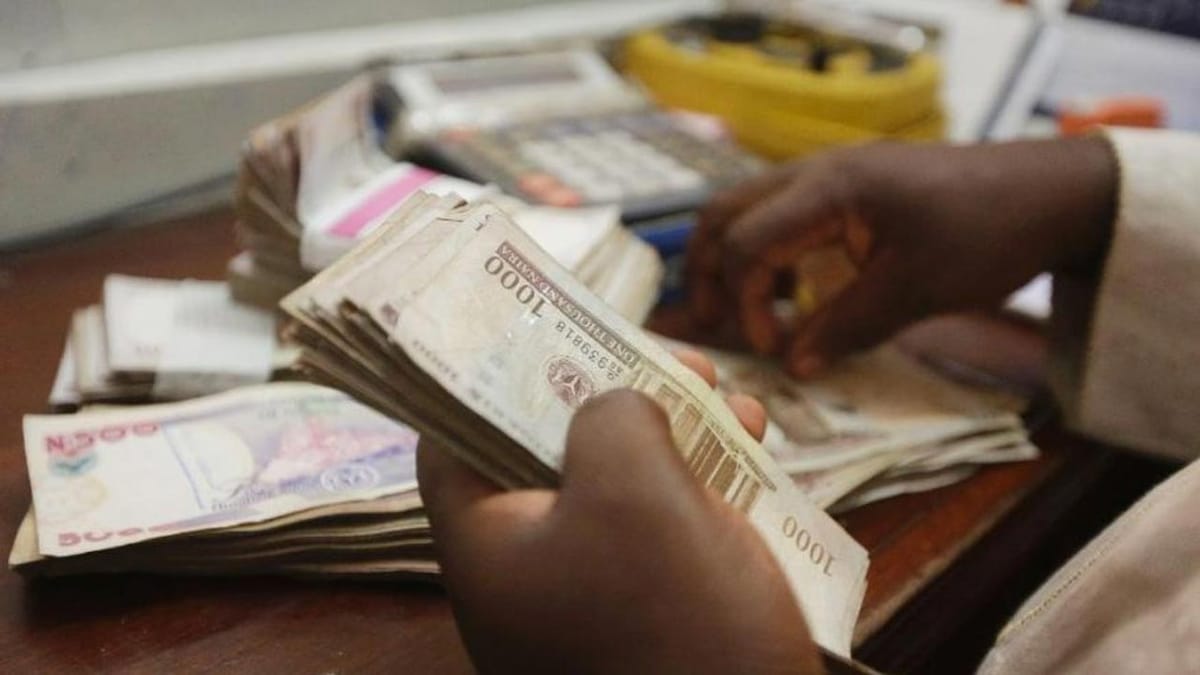Nigeria's apex bank extends cash deposit fee suspension
This decisive move comes in response to mounting grievances from bank customers

Nigerian banks will temporarily reprieve their customers from processing fees on deposits. This will happen because the country's apex bank has freshly directed said financial institutions to suspend the surcharge until September 30, 2024.
The development, contained in missive signed by the CBN's Director of Banking Supervision Department, looks to alleviate concerns raised by individuals and corporate entities ever since fees on cash deposits were implemented on May 1, 2024.
Under the previous regulation, the financial institutions were mandated to collect a 2 percent fee on standalone deposits coming from private individuals surpassing N500,000 and a similar charge for corporate account holders placing funds of more than N3 million.
On December 11, 2023, the CBN had put the charges on hold until April 30, 2024. The latest directive, however, brings about an extension of the suspension until the stipulated date to ensure that the banks falling under its purview continue accepting cash deposits from the general public without levying them any charges.
Interestingly, the move comes in the middle of rising dissent against the bank's introduction of a 0.5 percent cybersecurity levy on electronic transactions. Slated to be effective a fortnight from May 6, it is intended to support cyber protection measures and applied at electronic transfer origination points.
Intervening, the country's Socio-economic Rights and Accountability Project (SERAP) urged the Bola Tinubu-led administration to immediately direct the CBN to withdraw the levy, pointing out its violation of the provisions of the Nigerian Constitution 199 and the nation's international human rights obligations.
“If the unlawful CBN directive is not withdrawn and appropriate steps are not taken to amend the repressive provisions of the Cybercrimes Act within 48 hours, SERAP shall consider appropriate legal actions to compel the Tinubu administration to comply with our request in the public interest," a part of SERAP's statement read.
The imposition of the levy, in combination with existing ones like transfer fees, stamp duty, SMS charges, and VAT, has sparked controversy among bank customers, many of whom are particularly concerned about the increasing financial burden.
As the central bank of Africa's largest economy tries to balance between securing consumer transactions and financial inclusion, stakeholders expect more clarification and transparency going forward, especially as it concerns mitigating adverse effects on users and the broader economy.






